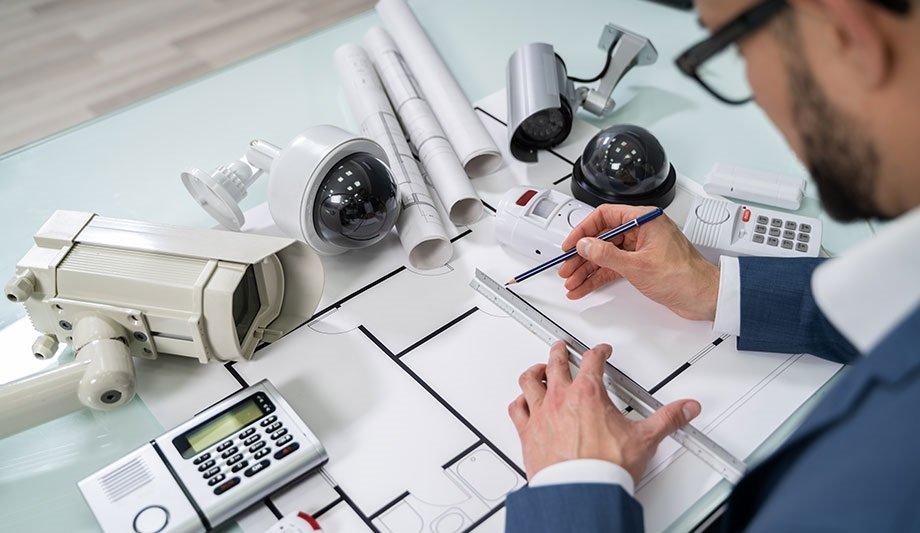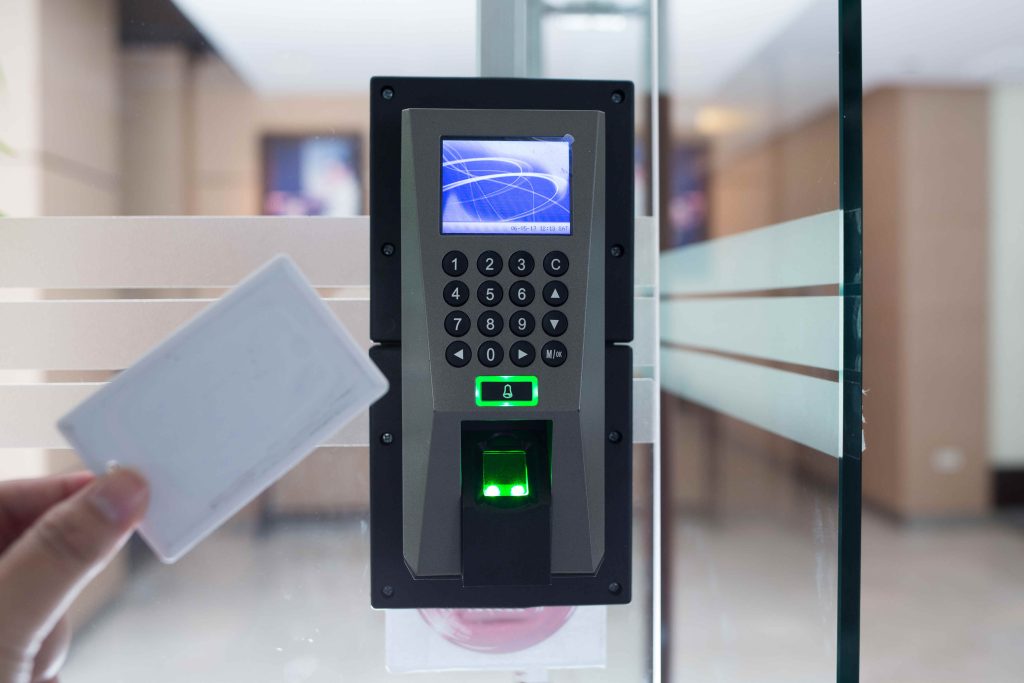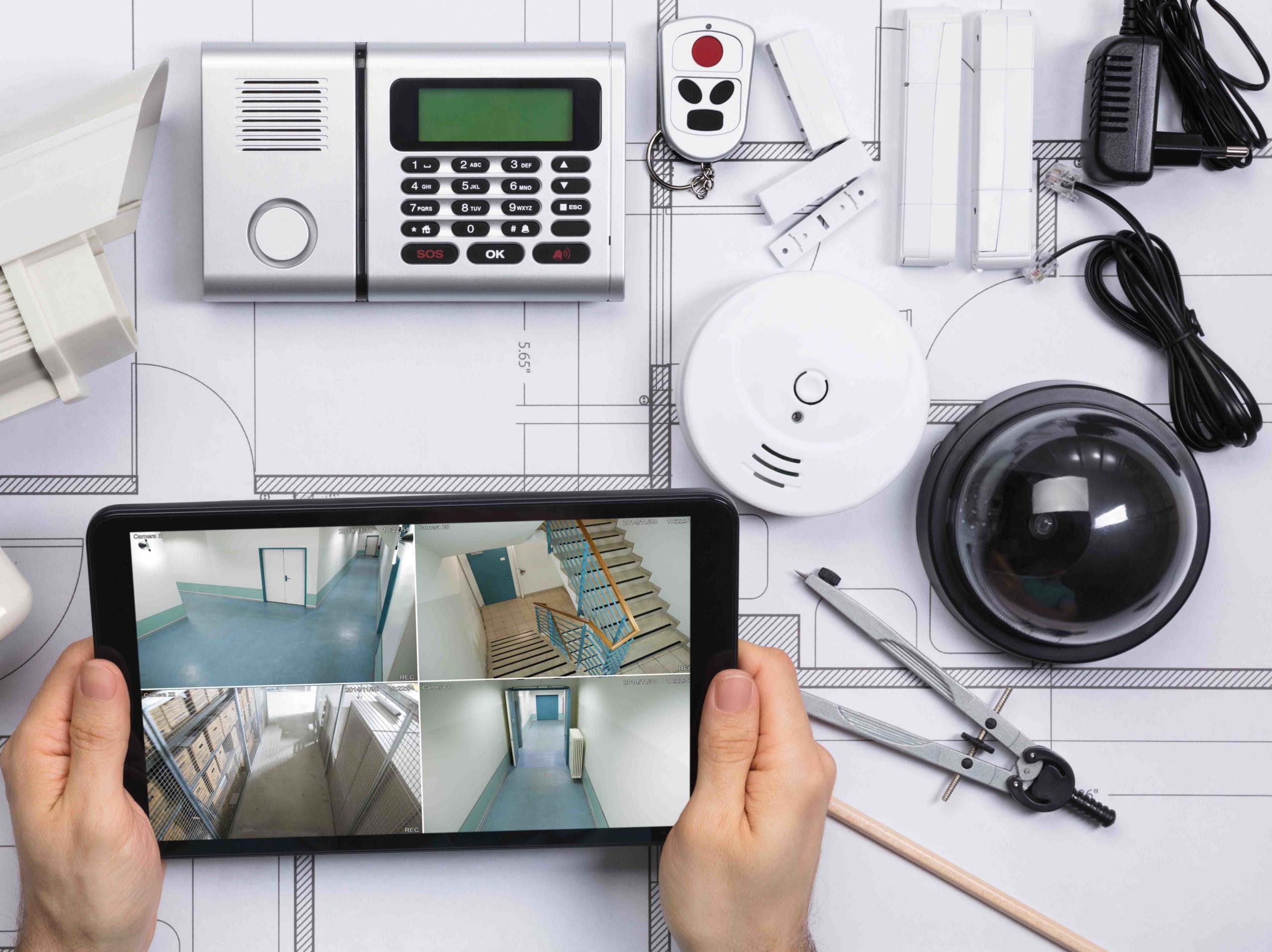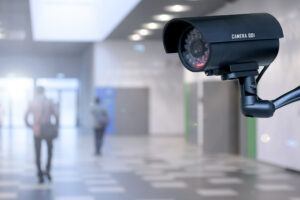In today’s fast-paced business environment, ensuring the safety and security of your company is paramount. With increasing threats ranging from cyber attacks to physical break-ins, selecting the right security system is crucial for protecting your assets, employees, and sensitive information. This article will guide you through the essential factors to consider when choosing a business security system tailored to your company’s specific needs.
Understanding Your Security Needs
Before diving into the various types of business security systems available, it is vital to assess your company’s unique security requirements. This assessment will help you identify the most suitable solutions for your business.
Conducting a Risk Assessment
A thorough risk assessment is the first step in determining your security needs. This process involves identifying potential threats, vulnerabilities, and the impact these risks could have on your business operations. Consider factors such as:
- The nature of your business and its assets
- Your location and its crime rate
- The number of employees and their roles
By understanding these elements, you can create a comprehensive picture of your security landscape and prioritise the areas that require the most attention.
Identifying Key Assets
Once you have conducted a risk assessment, the next step is to identify your key assets. These may include physical items such as equipment, inventory, and property, as well as intangible assets like customer data and intellectual property. Understanding what you need to protect will help you determine the level of security required.
For instance, a retail store may need a different security approach compared to a technology firm that handles sensitive client information. Tailoring your security system to your specific assets will ensure that you invest in the right solutions.
Types of Security Systems
With a clear understanding of your security needs, you can now explore the various types of security systems available. Each system offers different features and benefits, so it is essential to evaluate them based on your requirements.
Physical Security Systems
Physical security systems are designed to protect your premises from unauthorised access and theft. These systems typically include:
- Access Control Systems: These systems restrict entry to specific areas within your business using key cards, biometric scanners, or PIN codes.
- Surveillance Cameras: CCTV cameras provide real-time monitoring and recording of your premises, deterring criminal activity and providing evidence if needed.
- Alarm Systems: Intrusion detection systems alert you and the authorities in case of a break-in, ensuring a swift response to potential threats.
Investing in a combination of these systems can create a robust physical security framework for your business.
Cybersecurity Solutions
In an increasingly digital world, cybersecurity is a critical component of any business security strategy. Cybersecurity solutions protect your company from online threats, including malware, phishing attacks, and data breaches. Key elements of a comprehensive cybersecurity strategy include:
- Firewalls: These act as barriers between your internal network and external threats, monitoring incoming and outgoing traffic.
- Antivirus Software: Regularly updated antivirus software can detect and eliminate malware before it causes significant damage.
- Data Encryption: Encrypting sensitive data ensures that even if it is intercepted, it remains unreadable to unauthorised users.
As cyber threats continue to evolve, investing in robust cybersecurity solutions is essential for safeguarding your business’s digital assets.
Integrating Security Systems
As businesses grow, so do their security needs. Integrating various security systems can provide a comprehensive solution that enhances overall security. An integrated system allows for seamless communication between different components, improving response times and reducing the chances of human error.
Benefits of Integration
Integrating your security systems offers several advantages, including:
- Centralised Monitoring: A unified interface allows you to monitor all security systems from one location, simplifying management and response.
- Improved Response Times: Integrated systems can trigger alarms and alerts across multiple platforms, ensuring a swift response to potential threats.
- Cost Efficiency: By consolidating your security systems, you can often reduce maintenance and operational costs.
When selecting security systems, consider those that offer integration capabilities to maximise efficiency and effectiveness.
Choosing the Right Technology
When integrating security systems, it is essential to choose technology that is compatible and scalable. Look for systems that can easily adapt to your growing business needs, allowing for future upgrades without significant disruptions. Additionally, consider the usability of the technology; a user-friendly interface will streamline operations and reduce training time for employees.
Budget Considerations
Budget is a significant factor when selecting a security system. While it may be tempting to opt for the cheapest solution, investing in a quality security system can save money in the long run by preventing losses and minimising risks.

Evaluating Costs vs. Benefits
When assessing your budget, consider both the initial costs and the long-term benefits of each security solution. A higher upfront investment in a comprehensive security system may lead to lower insurance premiums, reduced theft, and increased peace of mind. Click here to learn about top benefits of commercial security systems for Sydney businesses.
Additionally, consider the potential costs associated with a security breach, such as lost revenue, legal fees, and damage to your company’s reputation. Weighing these factors will help you make an informed decision that aligns with your financial capabilities.
Exploring Financing Options
If budget constraints are a concern, explore financing options that can help spread the costs of your security system over time. Many security providers offer flexible payment plans or leasing options, allowing you to acquire the necessary technology without a significant upfront investment.
Additionally, government grants and incentives may be available for businesses investing in security solutions. Researching these options can help alleviate financial pressure while ensuring your company remains secure.
Choosing a Security Provider
The right security provider can make all the difference in implementing an effective security system. When selecting a provider, consider their experience, reputation, and the range of services they offer.
Researching Providers
Start by researching potential security providers in your area. Look for companies with a proven track record in your industry and positive customer reviews. Online forums and social media can provide valuable insights into the experiences of other businesses.
Additionally, consider reaching out to industry associations or local business networks for recommendations. Personal referrals can often lead to finding reliable providers who understand your specific needs.
Requesting Proposals and Demos
Once you have identified potential providers, request proposals that outline their recommended security solutions, pricing, and support services. Many providers also offer demonstrations of their systems, allowing you to see the technology in action and assess its suitability for your business.
During this process, do not hesitate to ask questions about the provider’s experience, customer support, and maintenance services. A reputable provider should be transparent and willing to address your concerns.
Regular Maintenance and Updates
Implementing a security system is just the beginning. Regular maintenance and updates are crucial to ensuring the ongoing effectiveness of your security measures. Neglecting this aspect can leave your business vulnerable to new threats.
Establishing a Maintenance Schedule
Work with your security provider to establish a maintenance schedule that includes regular inspections, software updates, and equipment checks. This proactive approach will help identify and address potential issues before they escalate into significant problems.
Additionally, ensure that your employees are trained on the latest security protocols and technologies. Regular training sessions can help reinforce the importance of security and keep everyone informed about best practices.
Staying Informed About Threats
The security landscape is constantly evolving, with new threats emerging regularly. Stay informed about the latest trends and developments in security by subscribing to industry publications, attending conferences, and participating in webinars. This knowledge will empower you to adapt your security measures as needed, ensuring your business remains protected.

Conclusion
Choosing the right business security system is a critical decision that requires careful consideration of your unique needs, budget, and the available technology. By conducting a thorough risk assessment, exploring various security solutions, and selecting a reputable provider, you can create a robust security framework that safeguards your company against potential threats.
Investing in security is not merely an expense; it is a commitment to protecting your business, employees, and customers. With the right security measures in place, you can focus on growing your business with confidence, knowing that you have taken the necessary steps to secure your future.


